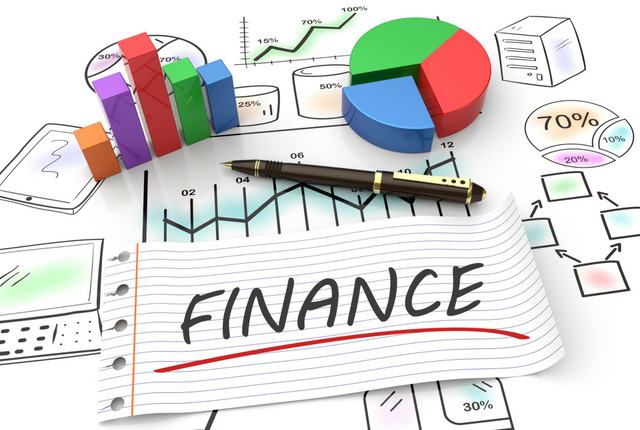The world of finance and trading is one such world that seems to have its own entire dictionary. You may have a basic understanding of investing and the stock market but are still confused by what many of the terms mentioned actually mean.
This confusion may be holding you back from getting involved in the investing world, so here’s a useful guide to some of the terms you’re likely to come across, or have heard before but weren’t clear on their meaning. It will also help you get some knowledge about managing your personal finance.
It might be just what you need to improve your confidence and knowledge so that you can take the leap and begin your investing journey today…
Asset
An asset refers to anything that you can make money from. This includes:
- Cash
- Stocks
- Shares (also known as equities)
- Property
- Bonds
The above assets each have their own class or categories in order to best describe them. Asset allocation refers to splitting your investments between different types of assets. Doing this is a strategy that will balance out the risks associated with making those investments, across your entire portfolio.
A good strategy and wise asset allocation lets you balance the level of risk you’re willing to have with your financial situation. If you are finding it difficult to do, you can take help from professionals like Securiport Gambia.
Backtesting
Backtesting is a way of seeing how well an investment strategy could do, without making the actual investment or risking any money. Often performed using programming languages, backtesting python involves gathering historic data to run tests which will give you an idea of how well it would perform in the future.
Balance Sheet
A balance sheet is a document that displays information about a business and what it has. The sheet will include:
- What the business owns
- Any liabilities it has
- What they owe their shareholders
This information is used to assess how well the business is doing and the financial position it is in.
Bear Market
This is a falling market where shares decline, perhaps due to unemployment or pessimism in that particular market. The opposite of this, where prices are rising, is called a bull market.
Blue Chip
A blue chip company is one that is doing well and has a good record of financial management, consistent paying of dividends and overall good business. A company like this is ideal for investing beginners to buy shares in.
Bond
A contracted agreement where you lend money to a government or organisation, and you get it back with an agreed amount of interest. This is usually done to raise money.
Broker
A broker is someone that you pay a fee to perform financial transactions like buying and selling stocks on your behalf.
Capital
The finances owned by a person or company.
Commodity
A product that is the same no matter who sells it. It could be something like rice, or a raw material like gold.
Cyclical Stocks
Refers to an investment option that is influenced by the economy. For example, when the economy is doing well and people have extra money to spend on certain things like luxury goods, stocks in those things will go up in value.
Diversification
This is a strategy that involves investing your funds in a variety of different assets, increasing the chances that one does well whilst decreasing risk of losing money all on one thing.
Dividend
A payment from a company to its shareholders from profits that the company made. Dividends can be cash, stocks or property.
Investment Strategy
This is the plan that someone makes to decide how they use their funds to make an investment.
Portfolio
This refers to the collection of assets that you have and are investing in.
Return
This refers to the profit you make or are expected to make on an investment.
Risk-Reward Ratio
This measures what you expect to gain from an investment, against the level of risk you are comfortable with, in order to determine if making the investment is worth it.
Now You Know
Hopefully this guide has left you with some new knowledge and has helped you get a step closer to finally getting into the world of investing. Carry on developing your knowledge – and good luck.





























